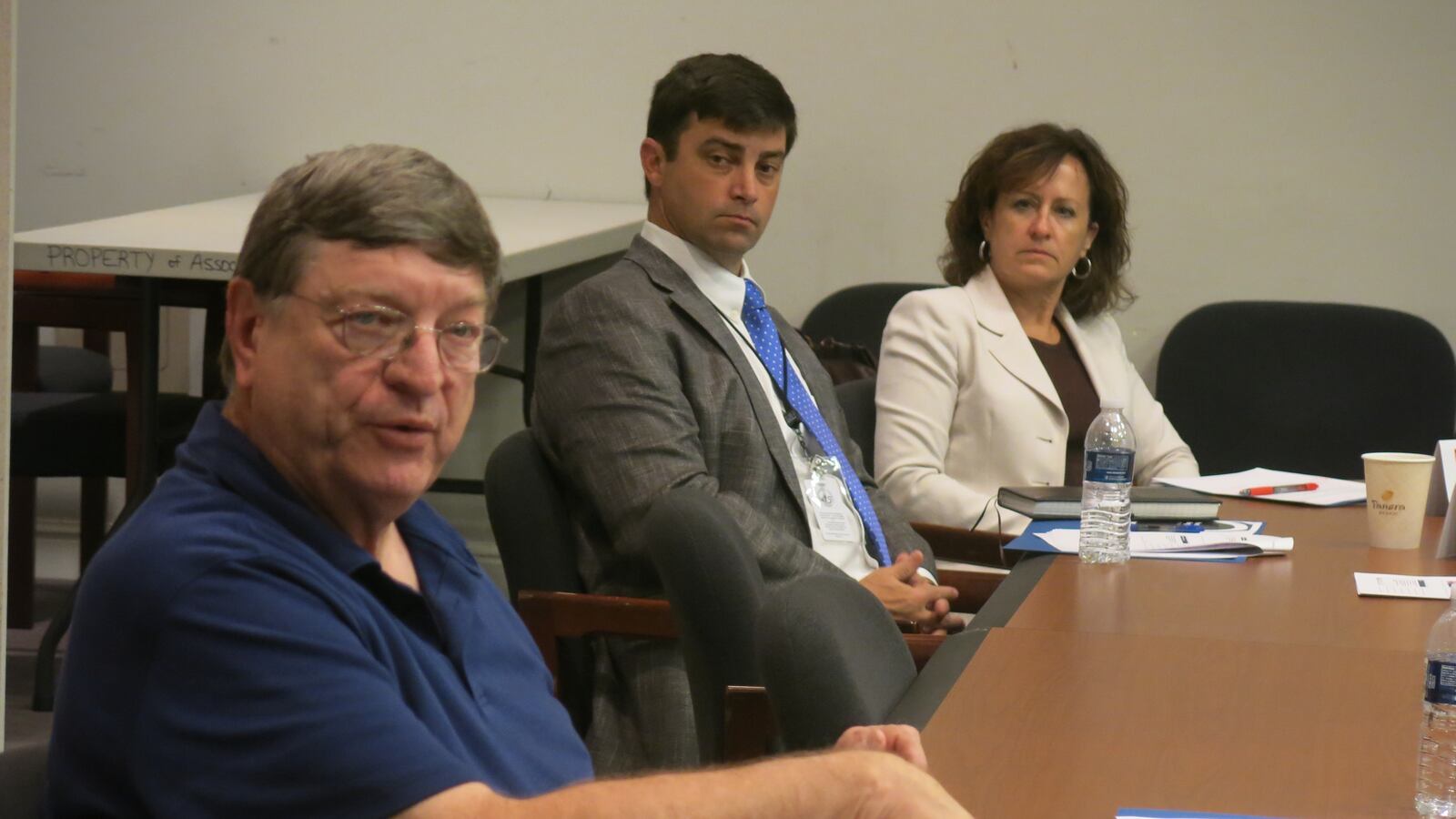Though Tennessee has axed two state tests for the new school year, many educators say more need to go.
But deciding which assessments, if any, to put on the chopping block is proving challenging as state and local leaders wrestle with the nitty-gritty of fine-tuning the testing landscape in a state where assessments are viewed as key to improvement.
The quandary: While policymakers and educators alike are concerned about the current number of assessments and the time it takes to administer them, policymakers value the information generated by state tests as they make decisions on how to run Tennessee schools.
“We do have to be very cautious in thinking about what tests we are going to cut, but we are open to that,” Education Commissioner Candice McQueen told members of her assessment task force last week during the panel’s fourth meeting this year. “That’s why we are having these conversations.”
While there were no easy marks, the task force compiled a short list of prospects. Those include end-of-year assessments for third- and fourth-grade science and social studies, as well some end-of-course tests for the 11th grade. Those are some of the few spaces that federal law allows for cuts. States are required to test students annually in English and math in grades 3-9 and once in grades 10-12. States must test science at least once between grades 3-5, 6-9, and 10-12.
The panel, which is the second testing task force convened by McQueen in two years, is expected to make formal recommendations this fall.
Recommendations from the first task force resulted in the elimination of a test for eighth- and tenth-graders, as well as the shortening of TNReady, the state’s end-of-year tests for math and reading. The panel’s final report also called assessments a crucial tool in helping Tennessee raise learning expectations and move more students to proficiency, as measured by the National Assessment of Educational Progress, or NAEP, which produces the Nation’s Report Card.
Even with last year’s test reductions, more trimming of state tests is needed, argued task force member Mike Winstead, director of Maryville City Schools.
"When we look at the states we’re chasing and trying to catch on NAEP ... I’d guess there’s none that test as much as (Tennessee does)."
Mike Winstead, director of Maryville City Schools
“When we look at the states we’re chasing and trying to catch on NAEP and move up the ladder, I’d guess there’s none that test as much as (Tennessee does),” he said. “More tests are not going to help us catch them.”
Winstead said time spent testing has increased dramatically over the last five years, and this year’s reductions just bring the state back to a previous level of over-testing, rather than solving the problem.
Rep. Harry Brooks of Knoxville countered that testing serves a purpose. He said the state legislature voted to add end-of-course exams for juniors in 2013 to provide information about what students are learning. If districts could prove their students are learning, he’d be open to an alternative.
“We don’t have a problem with eliminating (the Chemistry I exam), but you need to say out loud that there’s a way to do it,” said Brooks, who chairs a House education committee.
McQueen agreed that the state must strike the right balance in order to have the data necessary for improvement.
“I would not underestimate the value of having summative results that allow the state to know where should we be putting resources and time and effort,” she said. “If everything is local, we don’t have the information to say we are going in the right direction.”


